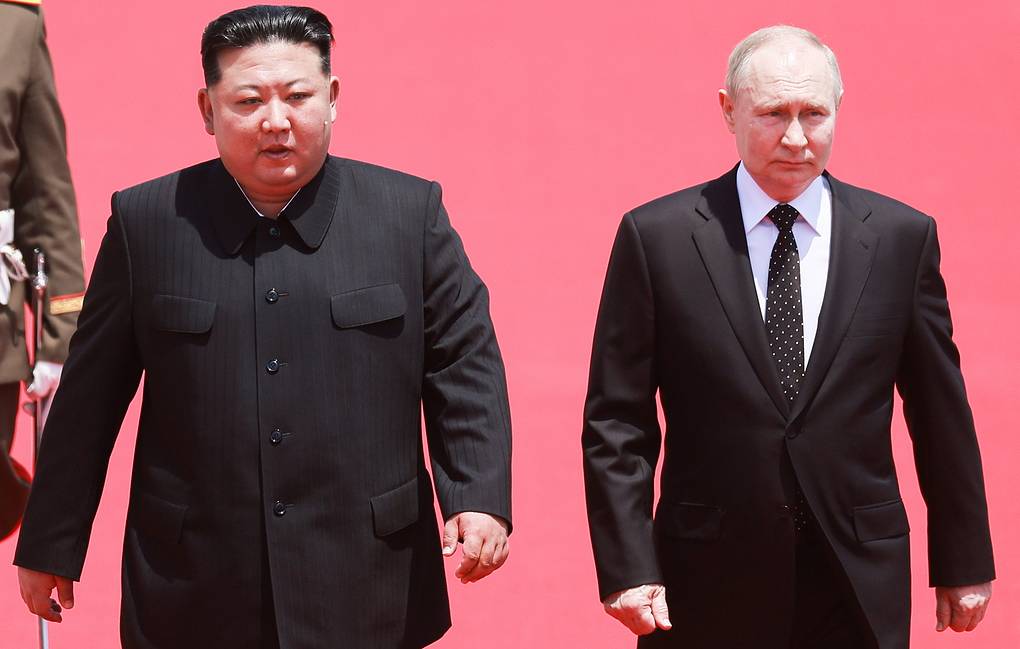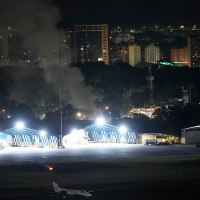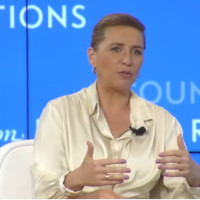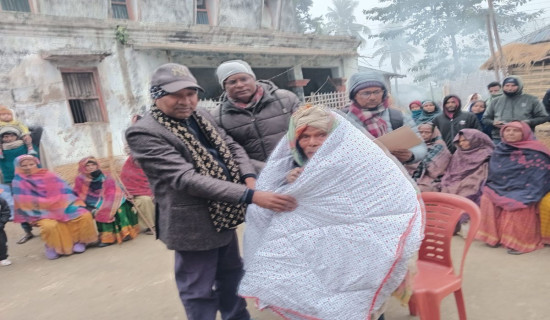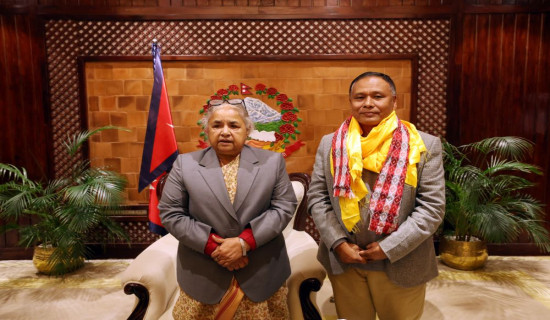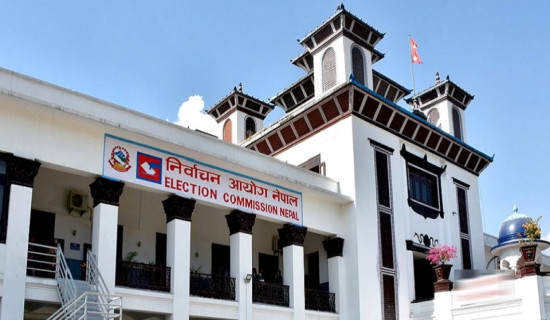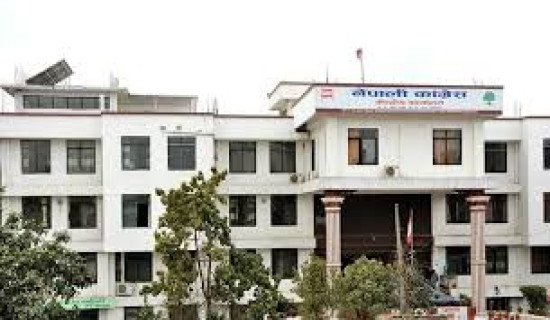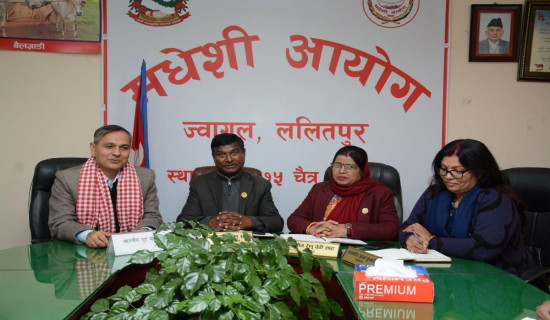- Thursday, 8 January 2026
Strategic partnership, rejection of sanctions: results of talks between Putin, Kim Jong Un
PYONGYANG, June 19. /TASS/. Russia and North Korea signed a comprehensive strategic partnership agreement and several other important documents after the Russian-Korean talks in which President Vladimir Putin and his counterpart Kim Jong Un took part.
TASS has collected the main statements of the Russian president after the talks in Pyongyang.
Comprehensive strategic partnership treaty
The treaty will take interaction between the two countries "to a new level" rather than resting on laurels that already exist. The document "sets large-scale tasks and benchmarks for the long-term deepening of Russian-Korean relations." This includes the political, trade and investment, cultural, humanitarian and security spheres.
Among other things, the treaty provides for "mutual assistance in the event of aggression against one of the parties."
In this context, it is necessary to pay attention to the statements of the United States and other NATO countries on the supply of precision weapons systems for strikes on Russian territory: "This is not just talk, it is already happening, and all this is a gross violation of the restrictions accepted by Western countries within the framework of various international commitments."
Growing ties
Russia "does not exclude for itself the development" of military-technical cooperation with North Korea in connection with the signed treaty.
The countries are developing relations in the field of education: "At present, 130 North Korean citizens are studying in Russia. We will expand this cooperation in the future."
The two countries are developing cooperation in the agricultural, cultural and humanitarian spheres. For example, "under the personal patronage of Comrade Kim Jong Un, the ballet troupe of the Primorsky branch of the Mariinsky Theatre had a very successful tour in North Korea."
In addition, the parties have already established work in the field of tourism: "Tour groups are being formed for the summer season, focusing on recreation in Korean seaside resorts." North Korea also organized a holiday for the children of the deceased participants of the special military operation at the North Korean Songdowon International Children's Camp: "We highly appreciate this sincere gesture of care and friendship."
The trade turnover between the countries is still modest in absolute terms, but it is trending upward: "In 2023 the trade turnover increased ninefold, for the first 5 months of this year the growth amounted to another 54%."
International security issues
Security and international agenda issues "received considerable attention at the talks." Russia and North Korea "consistently defend the idea of building a fairer and more democratic multipolar world order" based on international law and cultural and civilizational diversity.
Moscow and Pyongyang agree on the cause of the escalation of military and political tensions: "It is the confrontational policy of the United States to expand its military infrastructure in the subregion." Such steps undermine peace and stability and threaten all Northeast Asian countries.
Moscow rejects "attempts to blame North Korea for the deteriorating situation." Pyongyang has the right to take "reasonable measures" to strengthen its own defense capabilities, ensure national security and protect its sovereignty.
Today's talks in Pyongyang "will contribute to the further development of friendship and partnership between Russia and North Korea and to the strengthening of security in the entire region."
Independent policy
Russia and North Korea "pursue an independent foreign policy and do not accept the language of blackmail." North Korea's objective and balanced position on the Ukrainian settlement, understanding of the initial causes of the crisis is "another clear confirmation of the truly independent, sovereign course" of the North Korean leadership.
Countering Western sanctions
Moscow and Pyongyang will continue to oppose "the very practice of sanctions strangulation as a tool that the West is accustomed to using to maintain its hegemony in the political, economic and other spheres."
The UN Security Council sanctions regime initiated by the US "against North Korea should be reconsidered." The cliches reproduced by the Western propagandists can no longer conceal their aggressive geopolitical designs, including in the Northeast Asian region.

